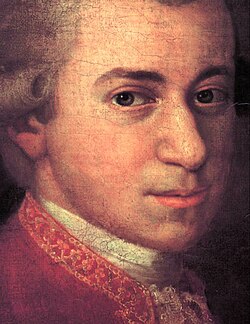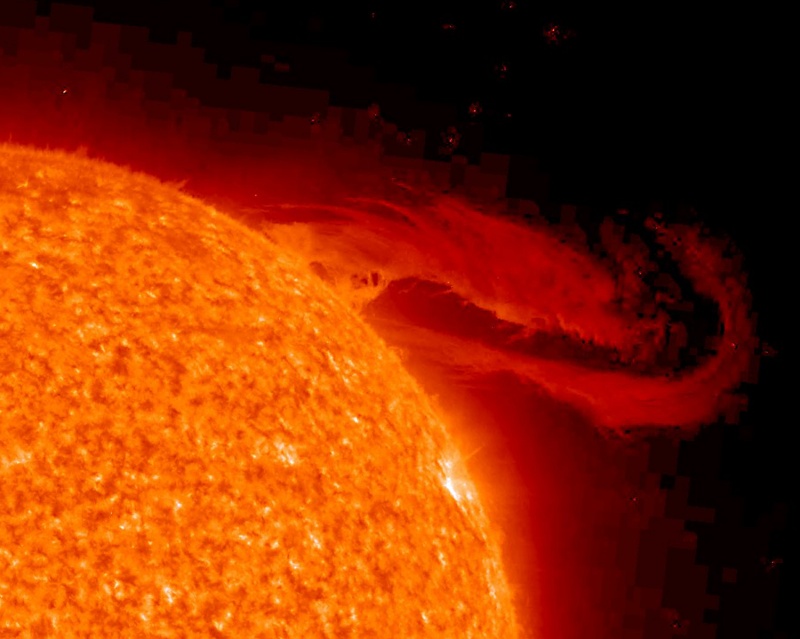Listeners to Radio Three had a treat over Christmas. The BBC devoted twelve solid days and nights to playing everything composed by Mozart. What struck me is how, where Beethoven comes over as emotional, heroic and tragic, and Bach as mathematical, angelical and lyrical, Mozart often seems simply “playful”. But this may be connected with the reason his music is so profound. It resembles nature, in the sense of natura naturans (“nature naturing”, or doing what nature does). In nature, creative freedom always manifests a law – but the deepest law of all is the pure ebullient spontaneity of the Good.
John Tavener said of Mozart (in the programme notes for Kaleidoscopes in 2005):
I have always regarded Mozart as the most sacred and also the most inexplicable of all composers. Sacred, because more than any other composer that I know, he celebrates the act of Being; inexplicable, because the music contains a rapturous beauty and a childlike wonder that can only be compared to Hindu and Persian miniatures, or Coptic ikons.
In an essay in the Winter 2006 issue of Communio, Fr Jonah Lynch sees in Mozart a kind of Catholic balance that reflects the paradox of the Incarnation:
Mozart’s melodies carry something of the birth of an infant God, the remarkable union of opposite absolutes, total simplicity and infinite depth. Only here is the completely free and ever-surprising united to formal structural perfection.
The work of Mozart and the other great composers echoes the “unforgotten music” that we carry in our bones. It opens our senses, so that we feel the air of Paradise – what Josef Pieper in Only the Lover Sings calls the “paradise of uncorrupted spiritual forms” – and notice the fragrance that still clings to our coats of skin. Perhaps it is not too much to suggest that when we hear this music, even if like the Good Thief we are still hanging on the cross, we become more conscious of the possibility of grace.

